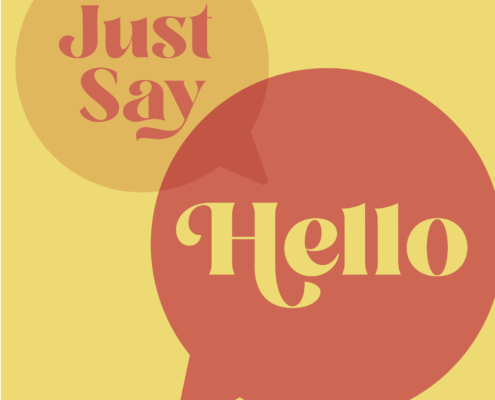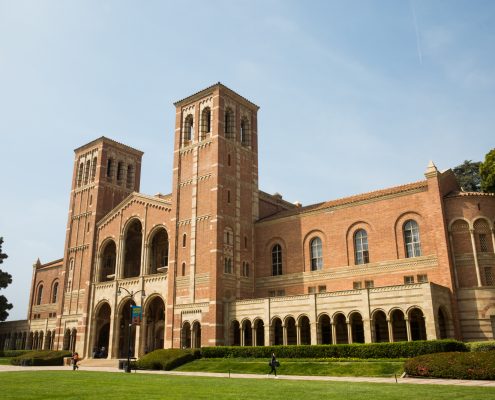Posts

UCLA Bedari Kindness Institute Supports the #JustSayHello Campaign and Challenge
The UCLA Bedari Kindness Institute (BKI) is supporting the…

LA Social Science Presents “Conversations with Changemakers” Featuring Dr. Daniel Fessler (Video)
LA Social Science interviewed Dr. Daniel Fessler, Anthropologist…

A Global Lifeboat: Evolution and Kindness in the Time of Coronavirus (Audio)
Dr. Daniel Fessler, Anthropologist and Director of the UCLA…

Doing Good with Dr. Fessler
By Lara Drasin What makes someone want to “do good?”…

$20 Million Gift Establishes the UCLA Bedari Kindness Institute in the Division of Social Sciences
The Bedari Foundation, established by philanthropists Jennifer…

